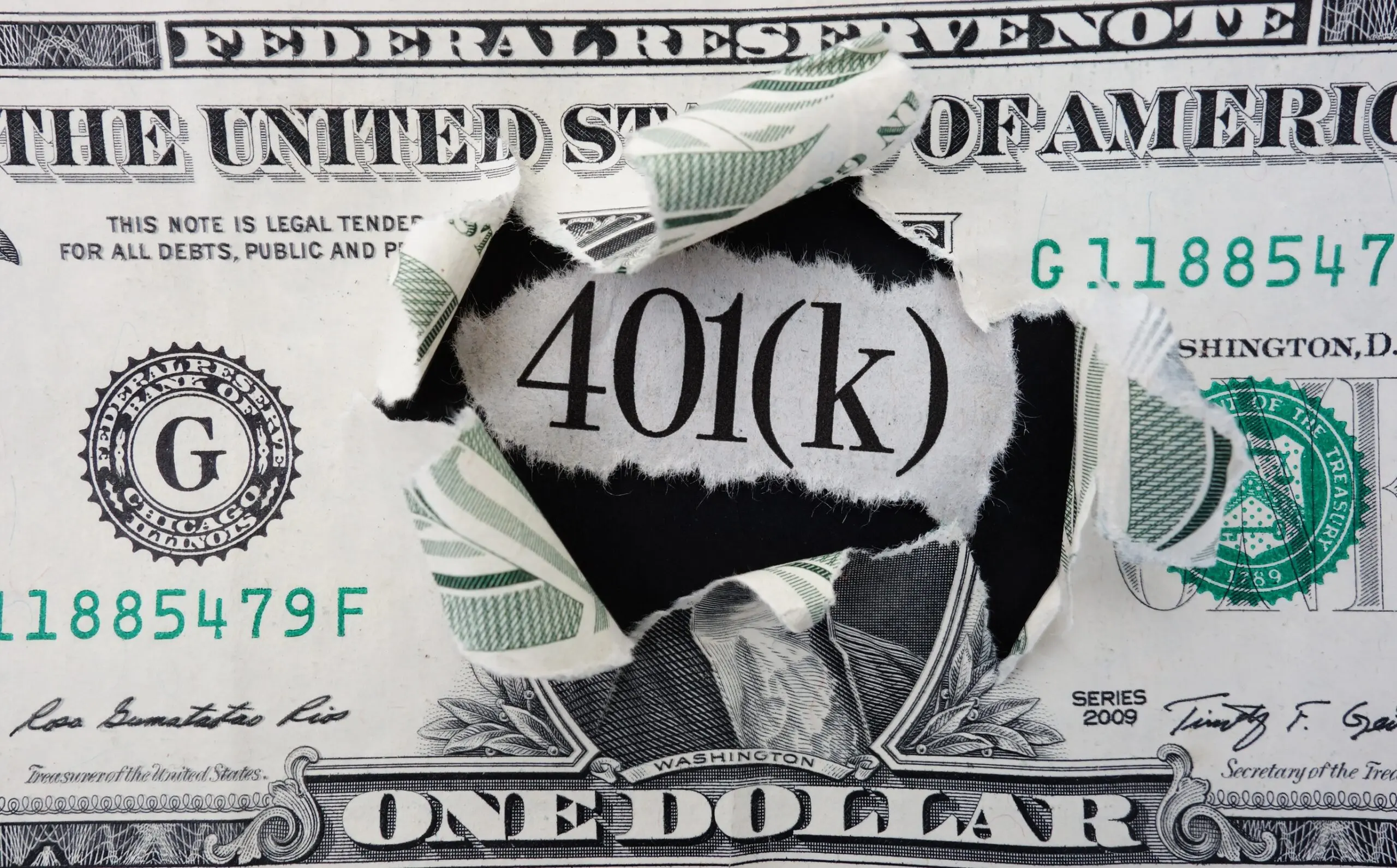✅ What’s Different About Solo 401(k) Plans?
In contrast to a 401(k) plan for a company with multiple employees, A Solo 401(k)—also known as an individual 401(k)—is designed for self-employed individuals or business owners with no common law employees (except possibly a spouse).
Because of this, the employer and the employee are the same person, so the regulatory framework around deposit timing for employee deferrals—which aims to prevent employers from delaying the transfer of employees’ money—doesn’t apply in the same way as it does to a full-blown ERISA plan for a company with multiple employees.
⚖️ Department of Labor (DOL) Rules and Solo 401(k)s
🔍 Citation: 29 CFR § 2510.3-102 – Definition of “plan assets” – participant contributionsThis regulation outlines when participant contributions (like salary deferrals) become “plan assets” and therefore must be deposited into a 401(k) plan. The critical clarification appears in Footnote 1 to the regulation, which states: “This regulation does not address the application of ERISA to contributions made by a self-employed individual or partner to a pension plan in which only he or she is a participant.” 🔗 Source: 💡 What This Means
✅ Reinforced by DOL Advisory OpinionsIn addition to the footnote above, this interpretation is consistent with multiple DOL advisory opinions, such as:
|
🗓️ So What’s the Deadline for Solo 401(k) Contributions?
- Elective Deferrals (Salary Deferrals):
- You must elect to defer compensation by December 31 (or your company’s fiscal year-end), and
- You must deposit those deferrals by your tax filing deadline, including extensions.
For example:
-
- If you’re a sole proprietor, and you elect a deferral by 12/31/2025, the contribution can be deposited as late as April 15, 2026 (or October 15 with extension).
- Employer Contributions (Profit Sharing):
- Also due by your tax filing deadline, including extensions.
🧾 Understanding the W-2 Income Structure
If your business is structured as an S-corp or C-corp, you are considered both:
-
The employer, and
-
The employee receiving a W-2 salary.
In this case:
-
You can make employee elective deferrals from your W-2 wages.
-
Your business (as employer) can make profit-sharing contributions on your behalf.
You’re still the only participant in the plan, so your Solo 401(k) would not fall under ERISA Title I jurisdiction. This means:
-
The 7-day deposit rule and “as soon as feasible” timing rules don’t apply to you.
-
Your deposit deadlines are based on tax filing deadlines with extensions
✅ Best Practices for Solo 401(k) Owners
Even though you’re not legally required to deposit salary deferrals immediately after payroll, it’s still wise to:
- Document your deferral election in writing before year-end.
- Deposit funds as soon as possible (even if not legally required) to stay organized and consistent.
- Keep records that show when the deferral was elected and when the contribution was made.
- Discuss your contributions with your competent tax professional to ensure compliance and to ensure you get tax credit for contributions
🔁 Summary
| Rule | Employer 401(k) | Solo 401(k) |
| 7-day safe harbor | ✅ Applies (for <100 participants) | ❌ Not applicable |
| “As soon as feasible” | ✅ Applies | ❌ Not applicable |
| Latest deposit deadline | 15 business days of next month (not a safe harbor) | Tax filing deadline (including extensions) |
| Deferral election deadline | N/A | December 31 of plan year |
Contact Us
Whether you want to invest in real estate, crypto, or private companies, we can help you get started with a self-directed IRA.
Call us today at (866) 402-2781
Email us at info@uDirectIRA.com
Visit www.uDirectIRA.com
Let’s make your retirement investing work for you—not just Wall Street.

